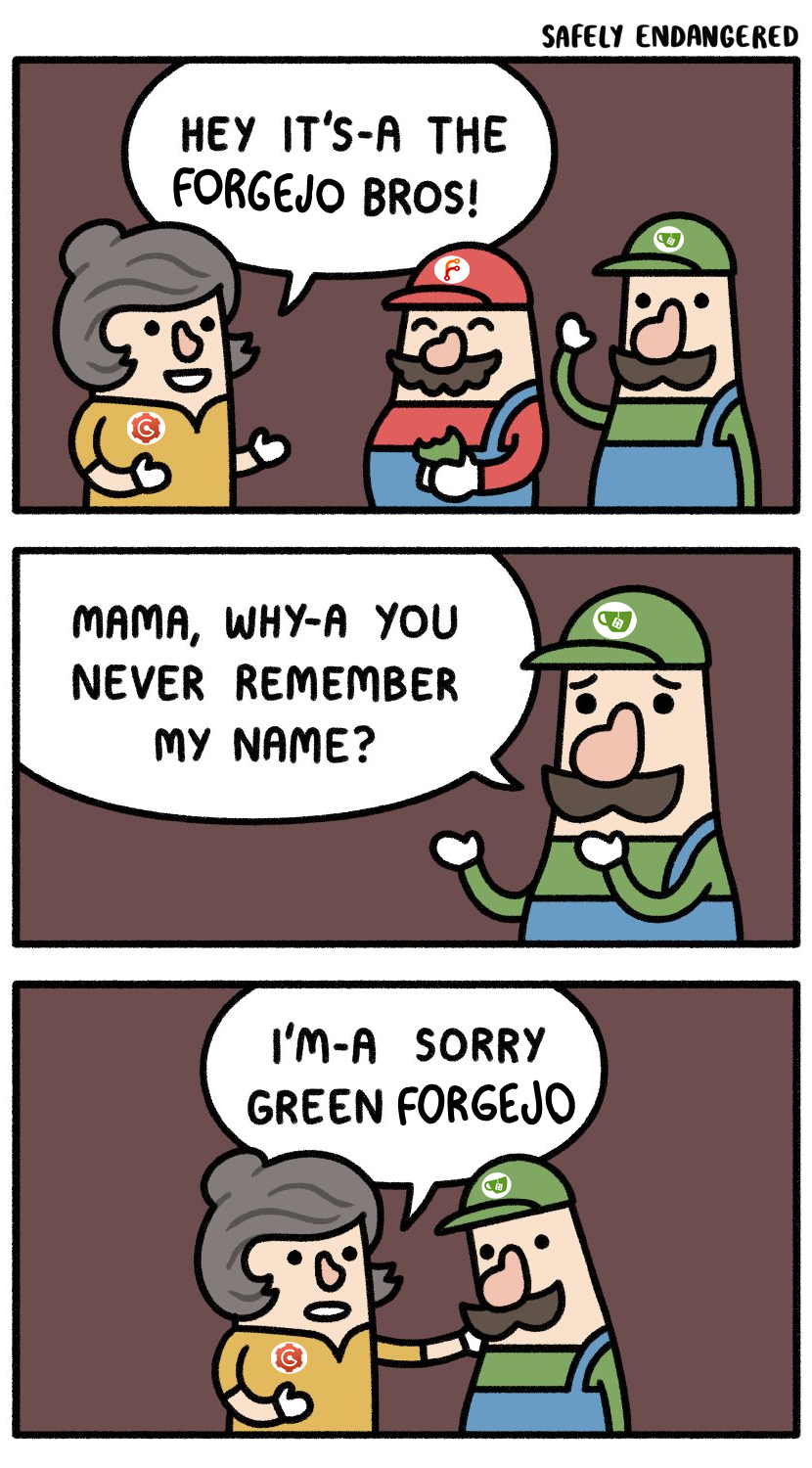Why so irritable? I'm just asking, I don't even know German, I thought since you knew the video already, you could point me in the right direction, rather than me having to sift through it all while also passing it through a translator to hopefully (because I don't know how well youtube's auto-translate feature works) find the information I'm looking for in the whole presentation
On a quick skim I don't see a way on it to set volume profiles, let alone program behavior based on certain events, is there some menu I might have missed?
So what I'm getting is that I would have to come up with something myself, right? I mean that would be super cool to do, but I don't have the time to put into that, unfortunately
This is the architecture though, I'm asking about an application that can interact with it
55 minutes? Uhm, could you tell me the relevant section of the video, please?
I see, I guess that's what happened to those that broke for me
I used to prefer GNOME, until I started using KDE daily on the desktop, I thought it would just be temporary, but I ended up liking KDE way more because of the features that are built-in, the integration is simply priceless and I'm tired of those GNOME extensions that keep breaking at the next GNOME major release and I have to wait weeks for the poor devs to catch up and fix them up to get the compatibility going again, in some ways that also happens on KDE with the widgets, but, arguably, you will need way fewer of those to extend the already wide functionality provided by the Fedora KDE experience, so you risk incurring in that issue a lot less. Note I specifically mention Fedora both because it's the system you want and because the pool of apps included is the best for a streamlined, but not bloated, experience, which also allows me to use Kinoite without troubling myself to overlay crucial apps that aren't provided (or don't work fully) as Flatpak.
I'm glad that it's coming natively, but hands down there's a whole lot of progress they have yet to make to come close to the usability provided by Sidebery, good that they're also working on native vertical tabs in fact! So I think that if you're looking for a better system you could try out that extension https://addons.mozilla.org/en-US/firefox/addon/sidebery/
AGPL on documentation? What would that do?
Mental damage


Will do, hopefully there is one